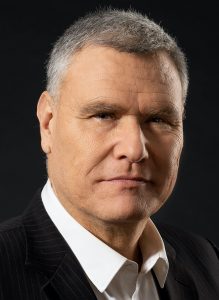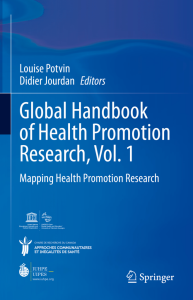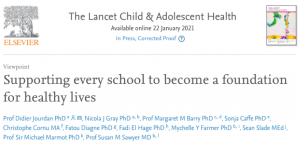The challenge of supporting effective schooling during the pandemic
On Monday 31 August, WHO/Europe organised an online high-level meeting with ministers of health from across the WHO European Region to exchange experiences, views and reflections on providing safe and effective schooling during the COVID-19 pandemic.
Supporting effective schooling during the pandemic is essential for the health and well-being of children. Nevertheless, this is a real strategic challenge for education and health authorities, as countries seek to ensure a safe, friendly and educationally effective environment while controlling the transmission of the virus.
Initiated by a proposal of Dr. Roberto Speranza, Minister of Health of Italy, the meeting provided an opportunity for several Member States to present their experiences. Experts from the United Nations Children’s Fund (UNICEF), the United Nations Educational, Scientific and Cultural Organization (UNESCO), WHO headquarters and WHO collaborating centres provided insights and facilitated the discussion.
The contribution of Prof. Jourdan and the UNESCO Chair
Prof. Jourdan took part to the expert’s round table and presented the WHO Collaborating Centre and UNESCO Chair Global Health & Education perspective on this issue. In the context of the COVID-19 crisis, the Chair has been very active both within the United Nations working group and in the production of articles, teaching tools and support for teachers at a national level.
A recent global survey done by the Chair in 42 countries showed states have a double role to make the crisis management at a school level possible:
- Producing national guidelines
- Supporting local capacity building
At this stage of the pandemic, Prof. Jourdan recalled should give priority to the operational methods of organisations – including effective testing, tracing and isolation procedures – and above all the educational quality issues. The main issue is to not longer focus on national instructions, but on collective action at local level to limit transmission. We need to ensure that all students – especially the most vulnerable – continue to learn.
It is not a question of simply implementing a protocol, but rather putting into practice, the practices best suited to the situation. To recognise the expertise of education professionals, to trust them and empower them to act. Securing the involvement of everyone locally – students, parents, local decision-makers, education and health professionals – is essential for success. We need to develop the necessary skills so that everyone is capable of adapting their behaviour. The participation of children and young people is a condition for success and requires a long-term effort.
A positive and responsible local approach to the return to school by families, school teams and health professionals is our best hope for the ongoing success of our children and young people.
These discussions will contribute to a summary paper being developed by WHO/Europe to provide a reference point and operational considerations for national education and health authorities planning and implementing effective schooling during the pandemic.



 About Didier Jourdan
About Didier Jourdan
